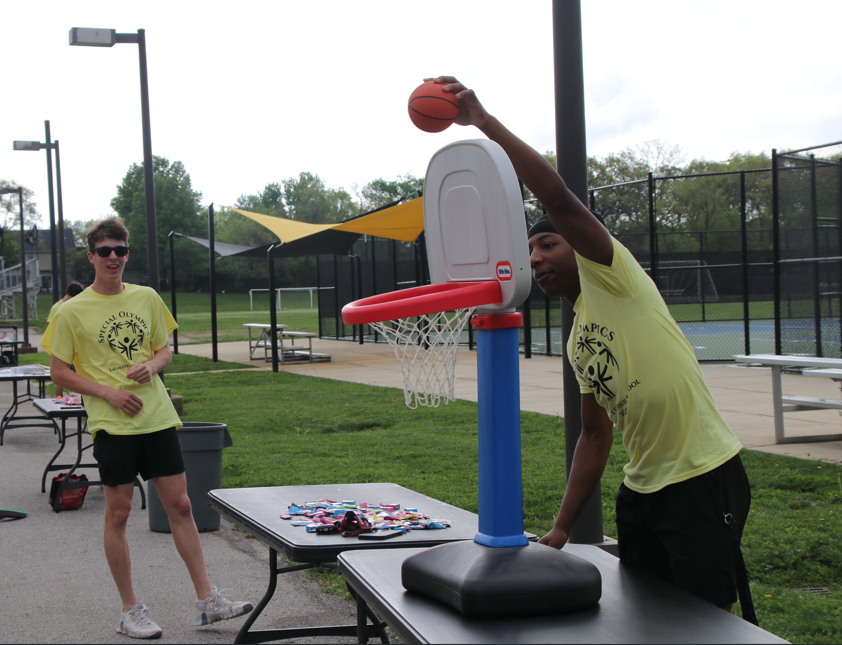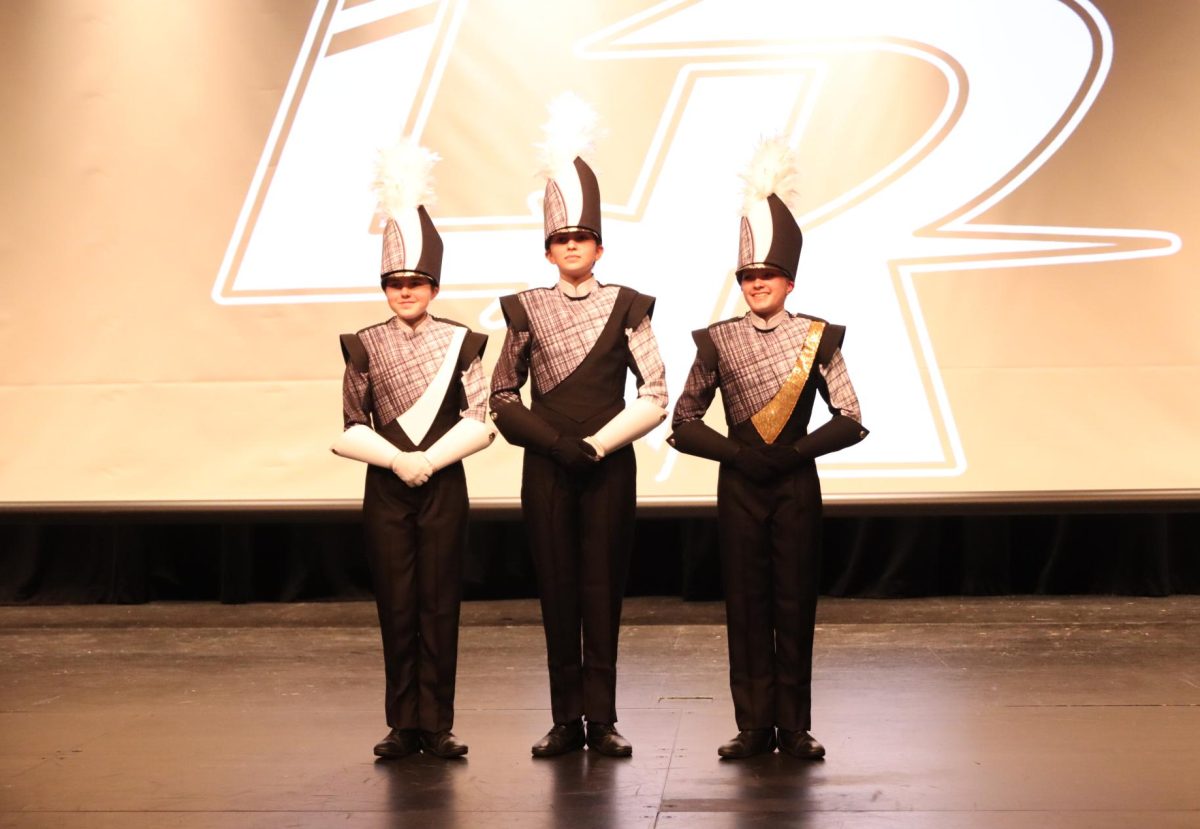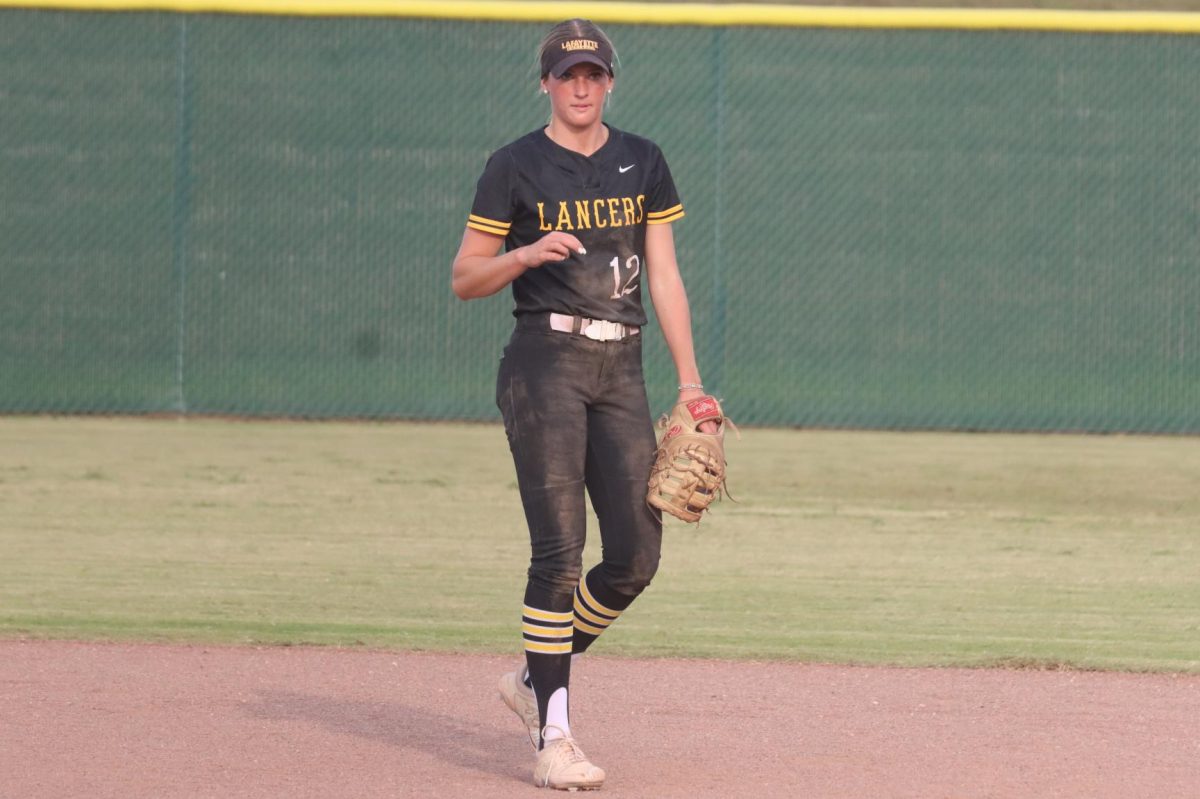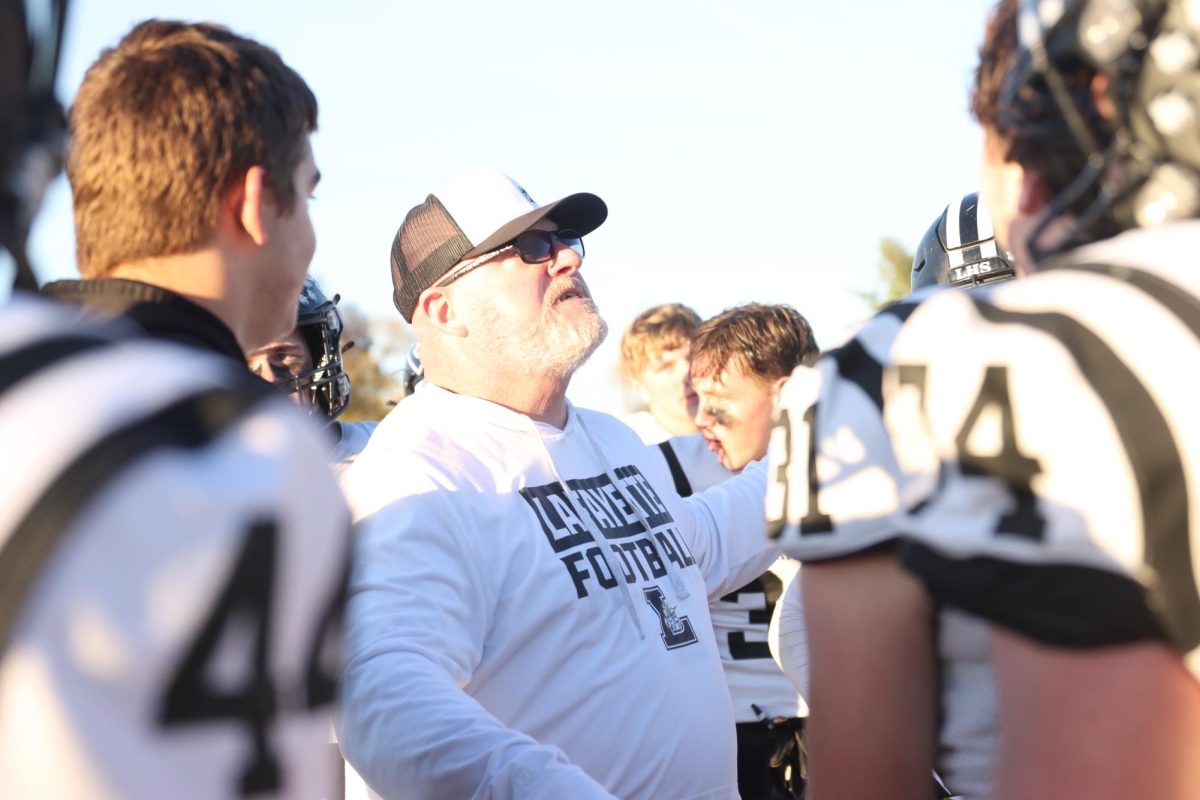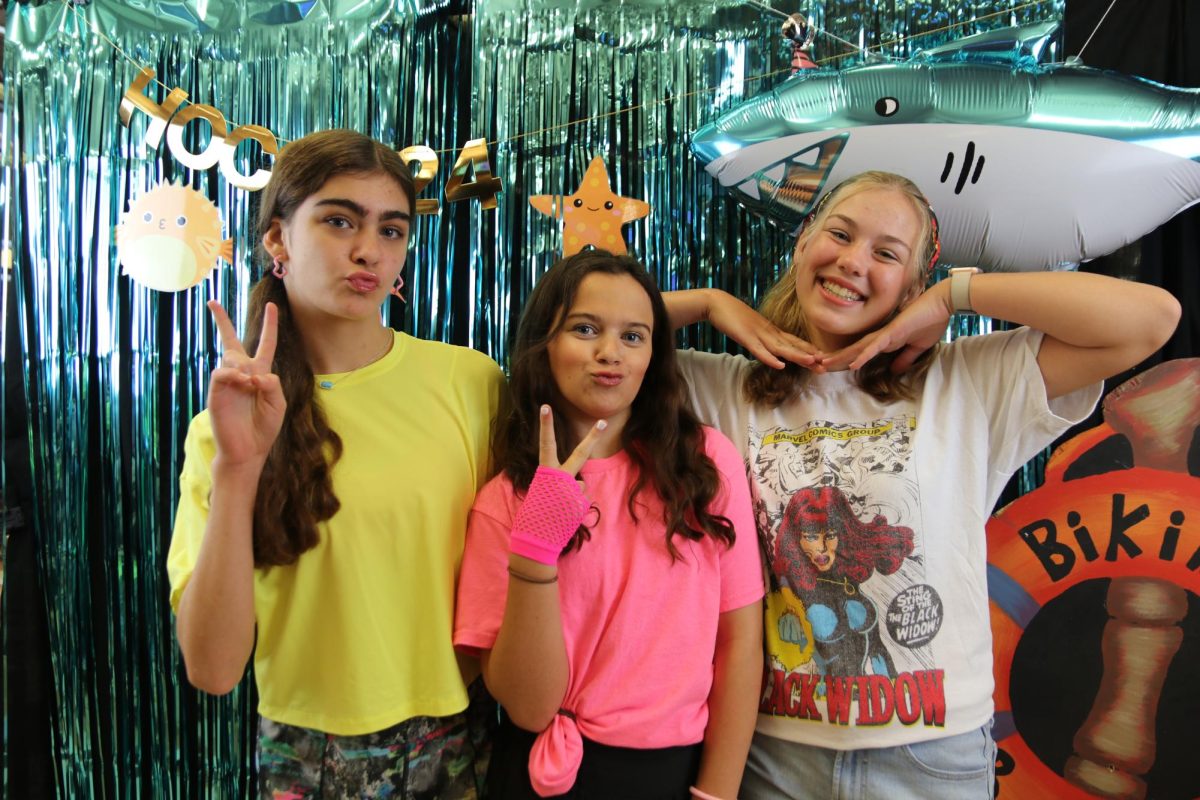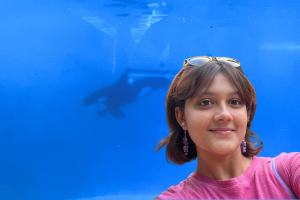Muslim students celebrate Ramadan
Khan demonstrates perseverance, faith through month of observance
photo illustration by Makayla Archambeault
Translation: Ramadan The Islamic holiday Ramadan began on April 2 at sundown and will conclude May 7 with Eid al-Fitr. Those celebrating the holiday usually say an extra prayer at night, called taraweeh.
April 5, 2022
Ramadan is an Islamic holiday that takes place each year to celebrate the month the Prophet Muhammad was granted the Qur’an, Islam’s holy text. This text was given to the Prophet Muhammad by God “as guidance for the people”.
For Muslims, this is a month full of self-restraint, self-reflection, religious reading and prayer. Many also partake in the month’s fasting, where they are only able to eat before sunrises and after sunsets. Senior Amal Khan participates in this holy celebration.
“The whole concept behind it is so that you get an idea of how poor people spend their lives and people who don’t have enough to eat. You kind of give back during that month,” Khan said.
Khan celebrates Ramadan alongside her family. They wake up around 3:30 a.m. each day in order to eat before the sun rises. Although it was difficult at first, Khan believes that, with proper motivation, waking up early isn’t horrible.
“I know a lot of people who wake up early for like workouts and stuff. If you have the motivation and you have the intention, you can definitely do it. It’s not as difficult as people make it seem,” Khan said.
The self-restraint demonstrated by Muslims throughout Ramadan is connected to sawm, one of the five pillars of Islam. They are not able to eat, drink or participate in other forms of immoral behavior, including speaking poorly of another, during daylight hours.

Muslims are not allowed to consume any food or liquid between dusk and dawn during Ramadan, including water. Khan believes this is the most difficult part of fasting.
“In the beginning, it’s really hard because you kind of start getting hungry around like two. However, I feel like food is something that you can give up more easily. Water is always [more difficult],” Khan said.
Khan has noticed various physical and mental effects fasting has had on her day-to-day life during Ramadan.
“You definitely get used to it after a couple of days or so. I think it’s hardest during testing periods because you have to use your brain a lot, which requires a lot of energy,” Khan said. “It definitely drains your energy, but it gives your body the chance to restart because you’re cleaning out your toxins.”
Teachers throughout the Rockwood School District (RSD) have been given suggestions by the Diversity, Equality and Inclusion (DEI) committee to provide an environment that supports students who celebrate Ramadan. Language arts teacher Sophia Title is one of the three representatives of the DEI at Lafayette.
“We meet monthly with other champions throughout the district to discuss ways that we can overcome challenges and try to create positive changes in our District,” Title said.
Title sent out an email to Lafayette teachers in order to provide suggestions on how to support students participating in Ramadan celebrations.
“Some of the suggestions that we sent out is just being aware that our students might be practicing different sleeping patterns because they are staying up later and eating later at night,” Title said. “Allowing for prayer throughout the day if they need to go find a quiet place to pray during class would be a way that we could support our students as well.”
Title believes that a beneficial way of supporting Muslim students throughout Ramadan is educating other students about the celebration.
“I think a way that teachers can just be there and help support is sending positive messages and maybe even educating the class on Ramadan so there’s a general understanding throughout our student body of what it is,” Title said.
Khan has received lots of support from her friends during her month of fasting. Khan even said she had people ask if they could participate in the fasting as well.
“I remember last year, whenever I was doing it, [my friends] would make sure to hide their snacks from me because they kind of felt guilty. They were like ‘We don’t wanna eat in front of you’. That was nice,” Khan said.
Ramadan began on April 2 and goes until May 2 this year. Khan is looking forward to the month of celebration and self-reflection.
“Generally, the impression that people get is that it’s really hard. But, it’s really not. Once you understand why you’re doing it, I think it’s really easy and I think people can enjoy doing it,” Khan said.




